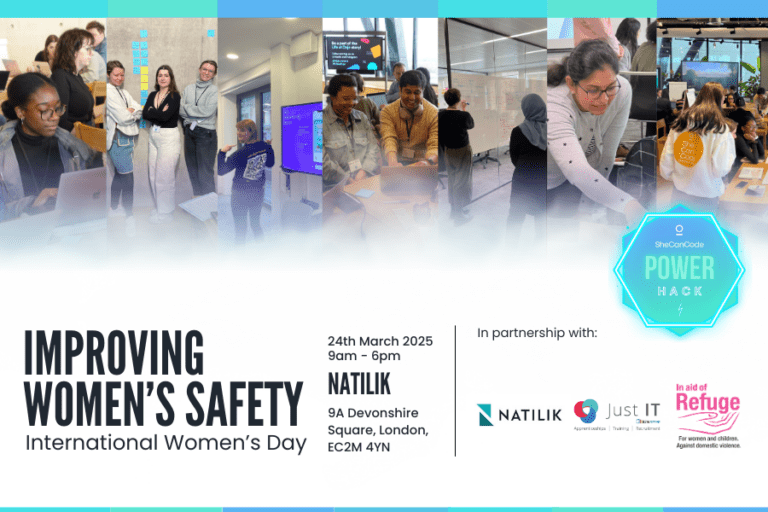1. Master Programming Principles
 Most developers will fail at this because of how often the developer scene changes. Many programmers suffer from `shiny tool` syndrome. For every new tool or programming language that arrives on the market and promises x, inexperienced developers are jumping on the trend without weighing the pros and cons. Imagine spending x amount of time learning a new framework only for a new and better framework to come out and be the industry standard. This will mean all that hard work and time would have to be reinvested into learning.
Most developers will fail at this because of how often the developer scene changes. Many programmers suffer from `shiny tool` syndrome. For every new tool or programming language that arrives on the market and promises x, inexperienced developers are jumping on the trend without weighing the pros and cons. Imagine spending x amount of time learning a new framework only for a new and better framework to come out and be the industry standard. This will mean all that hard work and time would have to be reinvested into learning.
By investing time in mastering fundamental concepts such as OOP, Functional Programming, MVC design patterns, and clean architecture, you’ll be well-prepared and spend less time acclimating to new tools. This foundational knowledge is particularly beneficial when exploring AWS for data scientists, as it allows for a smoother transition into utilizing these advanced cloud services effectively.
2. Git & GitHub
Git and GitHub is a fantastic tool and probably one of the best software for backing up your code. Git is a command line tool that allows you to interact with GitHub’s functionality from a terminal, while GitHub is a website that hosts all your code and will enable you to manage it.
If you spend some time mastering this tool, it will pay off. It’s one of the most essential skills any developer in a professional environment would need.
3. APIs
Application Programming Interface
APIs are essentially a middleman that allows two online applications to communicate with each other. If one application wants information from another, they use APIs to make this interaction.
Why is this an important concept to learn? First, you would most likely be consuming or creating an API during your development work. So understanding the core concepts like status codes and the CRUD operations is a great start.
4. Network Basics
A little secret: networking wasn’t my favorite course during my time at university. Fast forward to starting my career in Tech, I found I couldn’t actually escape this. Knowing the difference between port numbers, how the internet works, IP addresses, and why ports are helpful is a great start. There is a role called ‘Network Engineer’, which indicates how broad this can be; however, this encourages you to know enough that you can do your job well and maybe transition into roles like DevOps.
5. Testing & Debugging
I grouped these together because they both go under the umbrella of code quality. So, for example, we need to write good tests to ensure our software is reliable, and when we miss edge cases, we need to learn how to debug efficiently.
Different frameworks are used to test depending on the programming language you are coding in. Testing typically falls under the following types: unit, integration, functional, etc.
Debugging, on the other hand, is excellent for finding the cause of a bug as quickly as possible. One of the best skills you can develop as an engineer is debugging your code using tools that make that job a little easier.
6. Databases
Data is everywhere, but what is more valuable is making information meaningful. Any container that holds and stores data can be classed as a database. Conventionally databases are split into relational and non-relational databases. Knowing how these concepts work and how you can leverage databases to access, input, update and delete information stored in them would be helpful.







